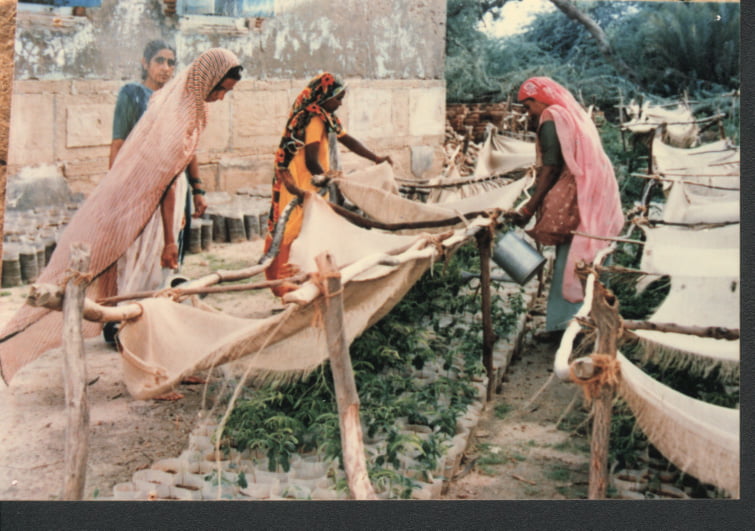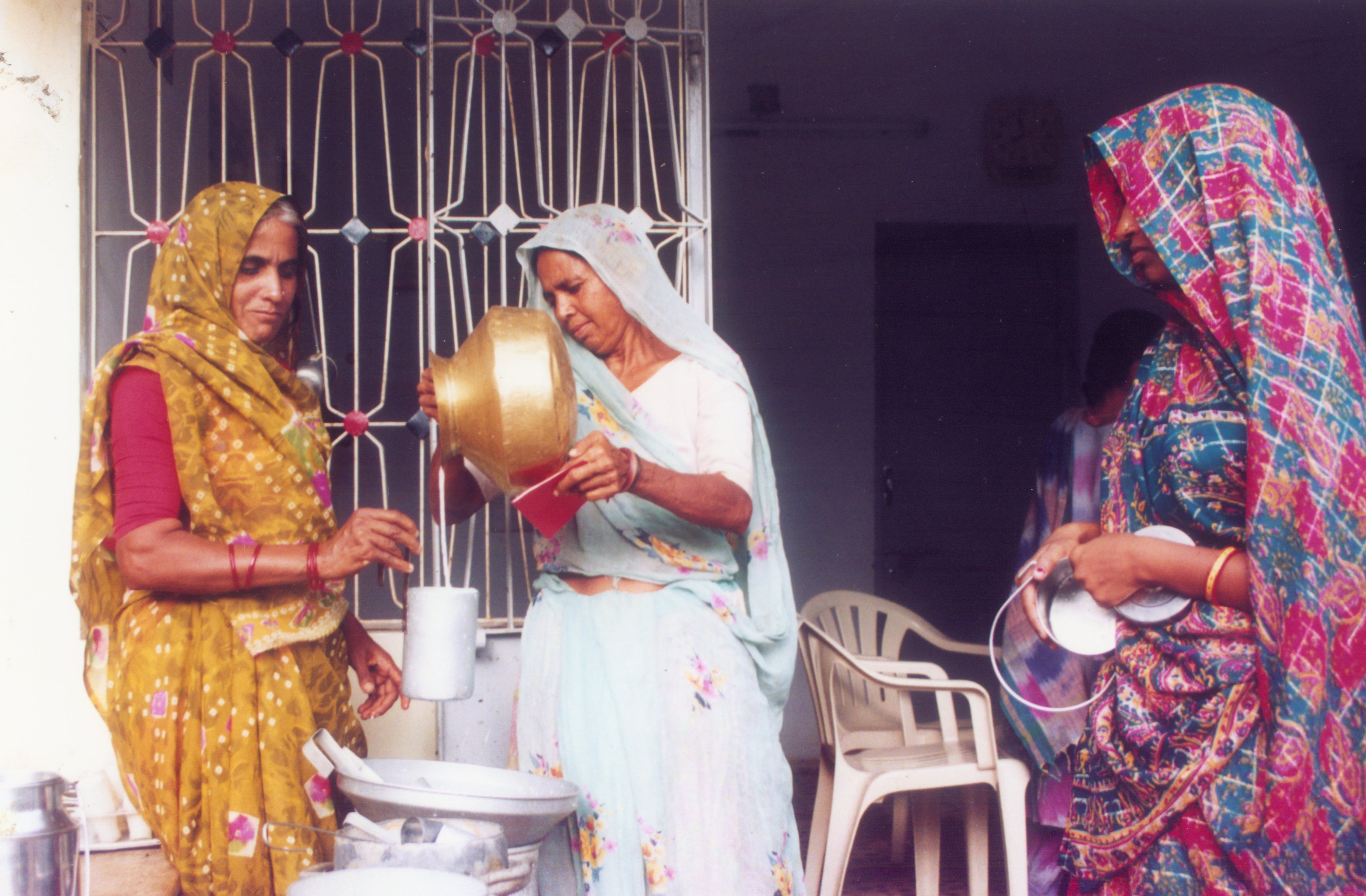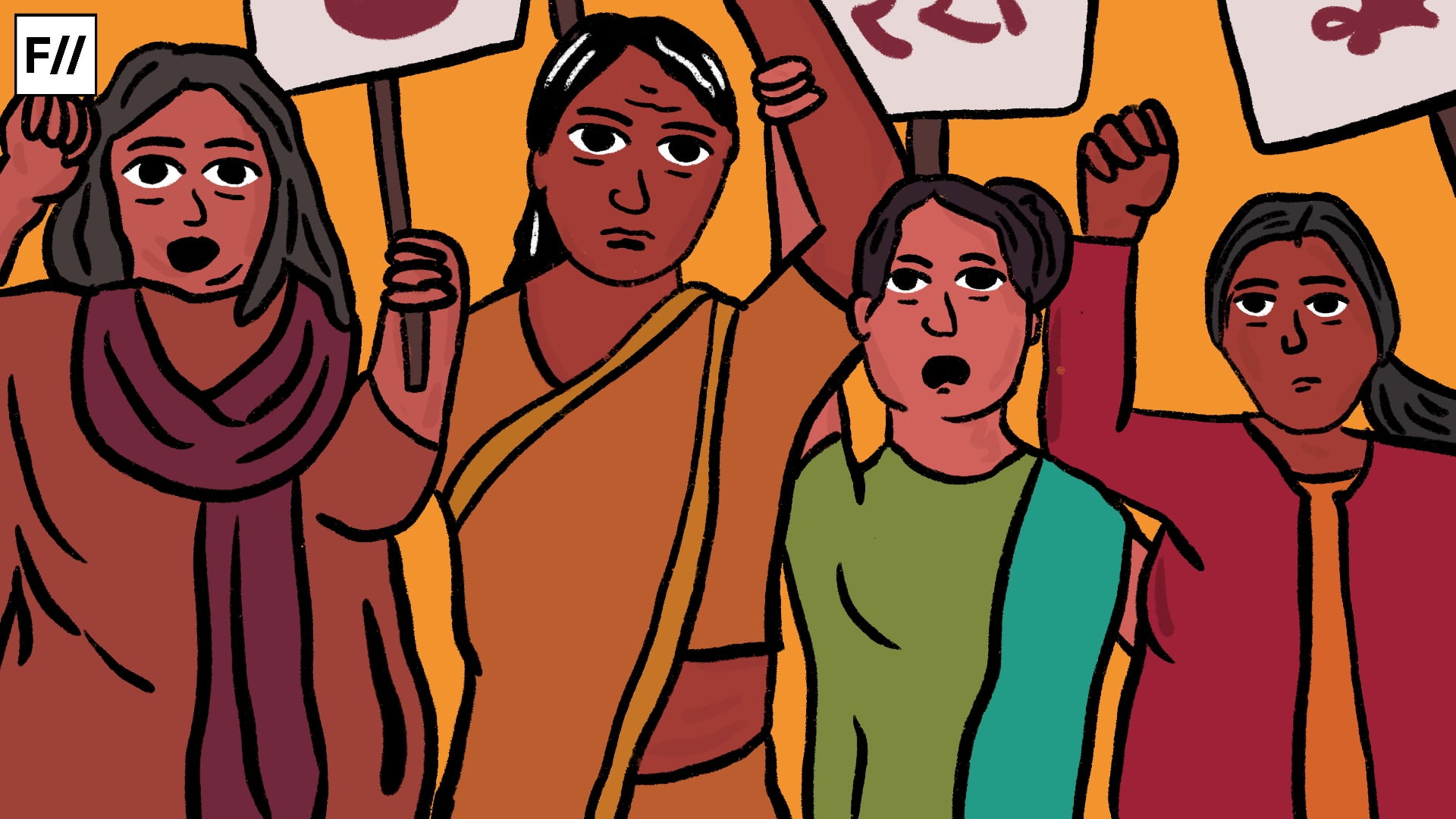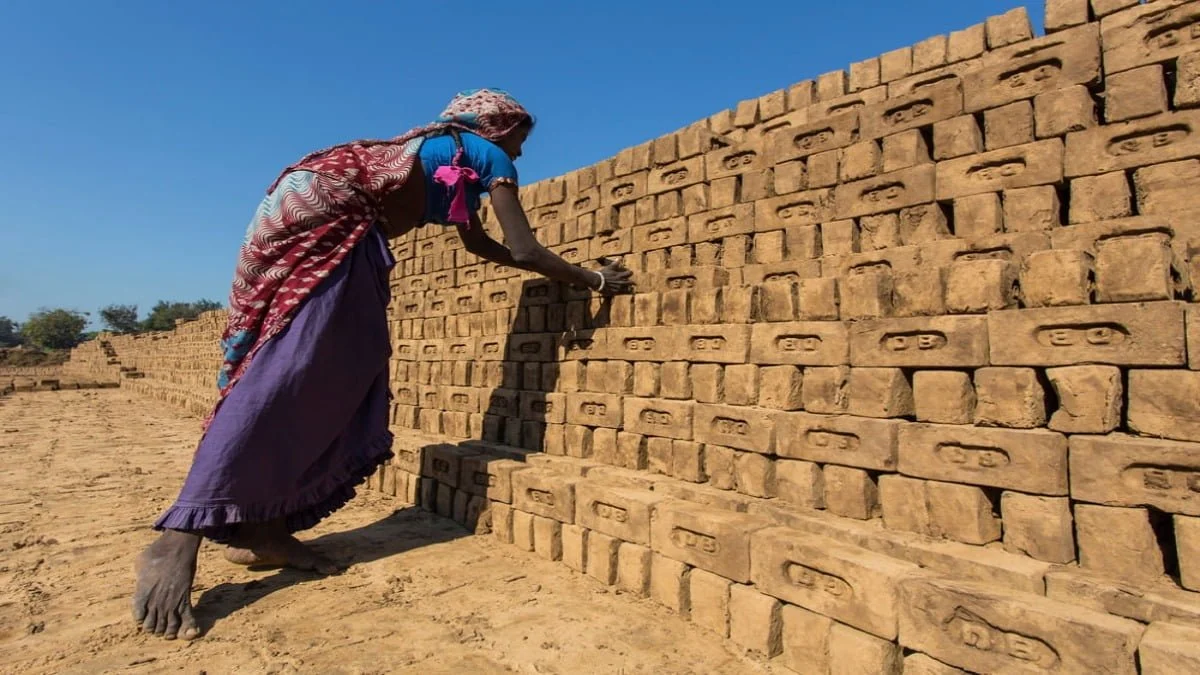Posted by Salonie Hiriyur Muralidhara
Self-reliance and economic empowerment of women working in the informal economy have been the SEWA Federation’s larger mission. The trade union, Self Employed Women’s Association (SEWA), has been advocating for the rights of these workers since 1972. While the struggle for rights has been rigorous, it was quickly realised that there was an imminent need for a fair, sustainable economic platform for the workers.

The cooperative model was recognised as a way to enable women to generate livelihoods, take ownership of their trade, and collectively support the community. These cooperatives spanned a number of sectors: agriculture, dairy, artisans, service-sector, credit and savings, and trade. In 1992, the Gujarat State Women’s SEWA Cooperative Federation Ltd. was established as the apex body to facilitate the growth and sustainability of SEWA’s cooperatives.
The Federation assists the cooperative in conducting their board meetings, keeping accounts, documentation and in eliminating exploitative middle agents in the market.
The main objective of SEWA Federation is to support the cooperative with their needs. These needs range from setting up business processes, market linkages, training and upskilling. The Federation assists the cooperative in conducting their board meetings, keeping accounts, documentation and in eliminating exploitative middle agents in the market.
Also read: Women, Work & Migration: Why Is India’s Female Labour Force Participation So Low?
Lataben, the manager of our dairy cooperative in Pethapur said, “Pethapur has a big dairy industry, but only the men were selling milk. Their cooperative was not managed well and eventually failed. This is when SEWA Federation brought the women together to take over the milk cooperative in the village and we set up the Pethapur Mahila Doodh Utpadak Sahakari Mandli Ltd. The men mocked us and told us we would fail. But, we learnt how to handle the milk, how to sell and keep accounts. Through the work, we also gained self-confidence and earned the community’s respect. It has been 26 years and our annual turnover is now more than Rs. 5 crores. The men who mocked us, we took them on a holiday to Kashi with the money we earned from the cooperative!”
Being a part of a collective, owning their trade, making business decisions, not only allows women to earn their livelihoods, it also instils a sense of belonging – belonging in the trade, in the economy, and in the community. “My work has given me so much confidence, which translates to all areas of my life,” said Sairaben, an artist who works with our artisans’ cooperative – SEWA Kalakruti. She was 16 years old when she joined SEWA, 30 years ago, for a block printing training. She added, “I try to motivate other women to become independent like me. In my community, women often do not go out of their houses. Every woman I meet, I tell them not to sit at home as they stand to gain by knowing about the world. I give them an example from my own life – when I visited Thailand for an exhibition, I was very surprised that women do everything by themselves there. But then I started thinking that if they can do it, we can too!”
Dinaben, who manages the vegetable cooperative, is the only woman who runs a shop in Ahmedabad’s APMC Market.
Over the last 25 years, the Federation has organised 3,00,000 women into 106 primary cooperatives with a current annual turnover of Rs 300 crores. All of these cooperatives are used, managed and owned by women. The Federation has helped incubate these cooperatives and supported them in becoming economically viable. It has also brought technical expertise to the grassroots women, who otherwise wouldn’t have access to such support, to help them become sustainable. The stories of change that emerge from our work are testament to the fact that when women support women, worlds change.

Dinaben, who manages the vegetable cooperative, is the only woman who runs a shop in Ahmedabad’s APMC Market. She said, “We started with 5 farmers who agreed to take the risk of trusting women, and now we sell the produce of 900 vegetable farmers. It was tough in the beginning, other shopkeepers were worried that we would take their businesses, since we gave farmers a larger proportion of income from the sales. They even threw tomatoes at us, it was really scary; but we stayed resilient and we have come very far along today.”
Also read: SEWA: Making Women Self Sufficient Since The ’70s
The vegetable cooperative was selected as a ‘Top 50’, from about 5000 cooperatives across India, at a World Bank workshop. Dinaben, and other women like her, transformed their own lives and the lives of other women associated with the cooperative. Dinaben studied and has an LLB degree. She added, “I choose to work in the mandi with women farmers to increase transparency, link them to customers, and increase their incomes. At SEWA, women achieve their own identities, including me.”
Salonie Hiriyur Muralidhara works as a senior associate at SEWA Federation. She is a feminist economist and works in the field of gender and development. Follow her and SEWA Federation on Twitter.
About the author(s)
Guest Writers are writers who occasionally write on FII.




